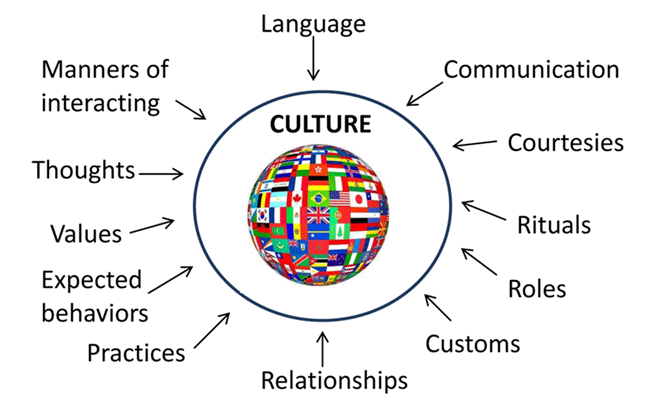What are we to make of the horrifying events of last week? Two black men killed by two police officers and five police officers killed by one black man. Are there any words or gestures that are adequate or meaningful in the face of this increasingly destructive spiral of fear, anger and violence?
New York Times Columnist Charles Blow wrote, “We must see all unwarranted violence for what it is: A corrosion of culture.” Perhaps the most important thing we can do is to use our words and gestures to protect and strengthen a civil culture.
Culture is a combination of how people think, feel, and behave along with their underlying beliefs and values. On the visible level, culture is transmitted and maintained through what we say and write, how we behave (especially leaders), and what we reinforce through recognition, rewards, or sanctions. On the invisible level, our beliefs and values drive how we think, feel, and behave.
Because the more primitive parts of the brain still hold the trump card in determining our reactions to perceived threats, we have easy access to anger and violence, both physical and verbal. Unfortunately, fear, anger and violence beget fear, anger and violence. They create a downward spiral in which everyone loses dignity, a sense of safety, and hope for the future. Our culture, the glue that keeps us together, gets corroded in the process.
We seem to be caught in this corrosive process on many interconnecting fronts: political, racial, ethnic, and economic. The rust on the bridges among us is building up, threatening to break the bridges altogether. What is the antidote to halt or even reverse this?
First, we can ignore those who seek to use this downward spiral for political gain.
Second, Charles Blow proposes that “We all need to start here and now, by doing this simple thing: Seeing every person as fully human, deserving every day to make it home to the people he loves.”
In addition to getting home safely, I hope each of us can see every person as fully human deserving every day to be included and cared about at work and in our communities. For us to survive, we need to create or maintain a culture in which each of us is considered an important part of all of us.
We create this culture by (1) paying attention to our internal states and not speaking or acting out of anger (mindfulness practice is helpful here); (2) listening more intently and asking genuine questions to deepen our understanding of others, especially those who differ from us (mostly everybody); and (3) speaking and acting with empathy and compassion for ourselves and others, giving no one cause to fear us.

